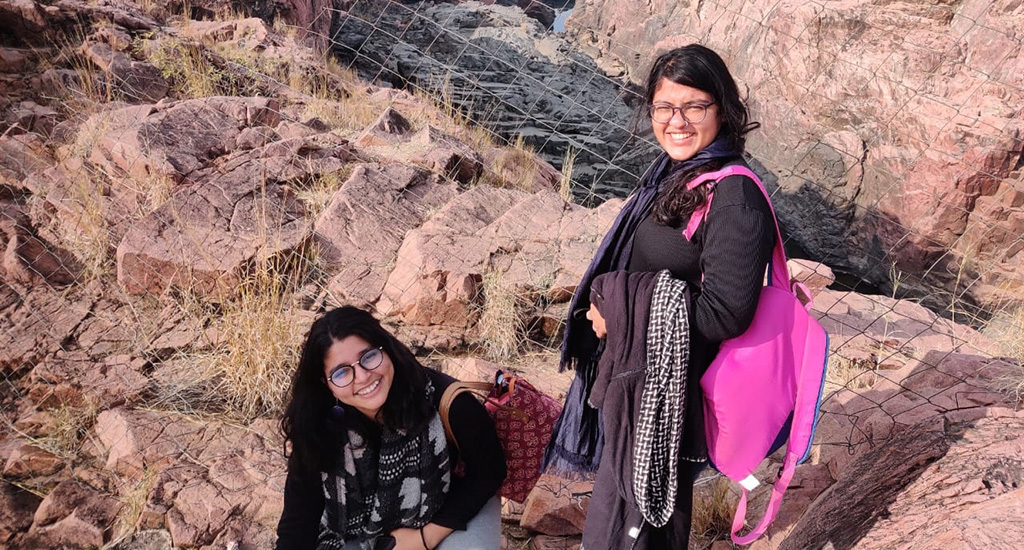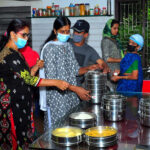“They will wear ties and pants and be taught how to be civilised,” a Patel businessman said, referring to children from the tribal communities who are studying in government schools.
This remark triggered a series of thoughts for us. What does it mean to be civilised? Does eating with a spoon and a fork make one civilised? Or is it the clothes or how they talk? And more importantly – who decides what civilised means?
‘White man’s burden’ in developmental efforts
As a nation, we are still in the process of discovering our identity.
Those who are powerful – the educated, upper class, upper caste – tell the marginalised how to empower themselves. Perhaps due to the long-stay of imperialism in India, ‘white man’s burden’ is still visible in the ongoing efforts for the upliftment of the marginalised.
In our many years of work as development professionals, we have observed numerous instances of development being forced on people; supposedly because they do not know what is best for them.
We constantly struggle to reconcile thoughts about what gives us the power to decide for someone else? And how do we know we are working for their best interests?
(ALSO READ: The grey and grim hues of rural India)

In our attempts to uplift the marginalised, we never ask them about their idea of betterment. Or take feedback on how the developmental efforts affect their lives. “The oppressed must be their own example in the struggle for their redemption,” says Brazilian sociologist Paulo Frier in his book Pedagogy of the Oppressed.
Let’s take dams for instance. Politicians and economists alike have enthusiastically proposed dams as vehicles of progress. It is also a popularly held belief that dams can transform a country’s future for good.
Dams and mass displacement
We attach so much value to our homes. We spend years building one.
In the Dhar district of Madhya Pradesh, near River Narmada, we passed a village ruined by the Sardar Sarovar dam project. The sight stuck a haunting image.
The villagers had been relocated due to the flooding caused by the dam construction. It is as if the entire village had been torn down in the name of development.
Surely nobody wants to leave the land their forefathers cultivated and nurtured. Nobody would give up their homes and agree to be displaced voluntarily.

To be separated from your land and the community you grow up with, to start living at a new-government allocated place – it is not easy.
The sight of an old, frail woman going over the ruins of her home, broke our hearts. Maybe, she was searching for something she had safely kept in her home.
For the government, it is only a village that got displaced. It’s a cost-benefit assessment, where the benefits significantly outweigh the cost of displacement. However, the long intergenerational trauma caused by displacement is ignored.
Development: Enabling the voiceless
At least one of us can confirm the trauma of displacement from our lived experience.
One of our families was forced to leave their ancestral lands due to the decisions made by people in positions of power. We felt the repercussions of this dislocation across generations.
Any developmental work bears long term consequences. And we are not even delving into the ecological costs at the moment, which is a whole new domain.
It is essential to consult and carefully listen to those for whom the developmental effort is meant. It is the responsibility of those in power to give voice to the voiceless. To perceive what they signal and enable them to speak by creating appropriate spaces.
(ALSO READ: Does rural India have a level field for opportunities and aspirations?)
Smriti Gupta and Sohinee Thakurta are Aspirational District Fellows in Chhatarpur, Madhya Pradesh.








